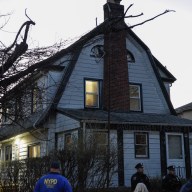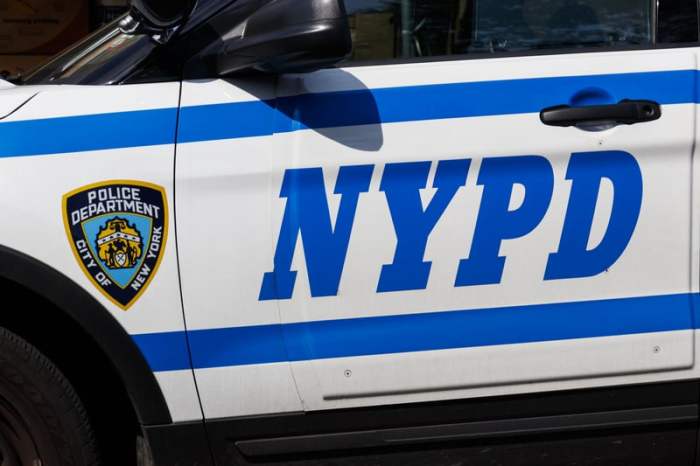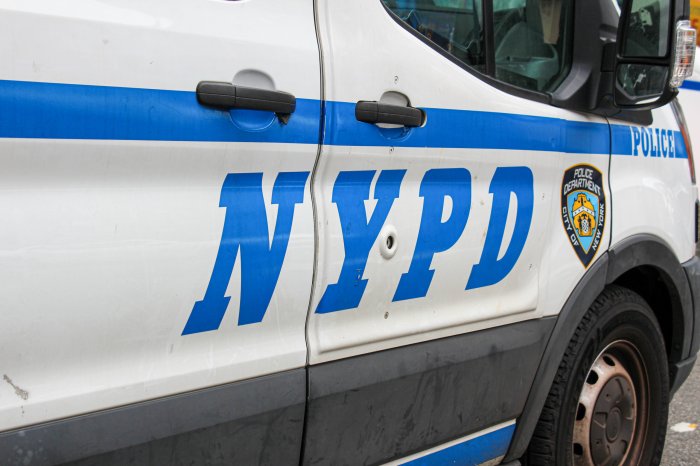In their letters to the editor, City Councilmen Jumaane Williams (D-Brooklyn) and Mark Weprin (D-Oakland Gardens) make a valiant effort trying to spin the Community Safety Act as measures that will not jeopardize public safety.
Weprin wrote, “Intro 1080 does not prevent police officers from using stop-and-frisk and would still permit the use of race, gender, age and other relevant information when pursuing criminal suspects.” What he does not say is that doing so could result in finding those officers guilty of biased-based profiling if the crime-fighting tactics employed by the police disproportionately affect people on the basis of those same characteristics.
So how would this work in the real world? Imagine a string of vehicle break-ins has victimized a middle-class community like Rosedale. A grainy security video that is inconclusive suggests that a group of white male teens may be responsible. While on night patrol, a cop sees a white male teen in this predominately black neighborhood walking with no purpose and looking into parked car windows. Although those actions are not illegal, common sense tells us to stop and question this individual.
Unfortunately, doing so would subject the police to bias-based profiling charges under this bill because the stop was based on the color, gender and age of the individual and not some other factor. Simple suspicion is not sufficient, so we can toss common sense out the window.
In another neighborhood, the police have responded to community concerns about a local bar that has been the scene of numerous gun- and alcohol-related problems. In a proactive effort to stop this, every Friday and Saturday night for the next month the police have set up a vehicle checkpoint a block from the bar. After the first week, the bar patrons wise up to the police action and are on their best behavior when leaving. Although many were stopped, no arrests were made and the neighborhood finally gets needed relief.
Unfortunately, these actions by the police subject them to biased-based profiling under the bill, since most of the bar patrons are people of color and the police cannot prove that their police actions were definitively responsible for the reduction of crime.
Proactive police actions such as these will soon end as the NYPD and individual officers come under challenges of bias-based profiling. Since the law permits full attorney fees and expenses, this financial bonanza will keep attorneys employed for years to come at taxpayer expense.
Contrary to the assertions of Williams and Weprin, these bills will not make our streets safer. They will put a serious crimp on proactive policing and will turn the focus of law enforcement away from the most vulnerable neighborhoods. That is why the nation’s most respected police commissioner, Ray Kelly, the Patrolmen’s Benevolent Association and the chairman of the Council’s Public Safety Committee are opposed to this measure and do not want our city to backslide into the morass of crime and despair it once was.
Bob Friedrich
President
Glen Oaks Village
































